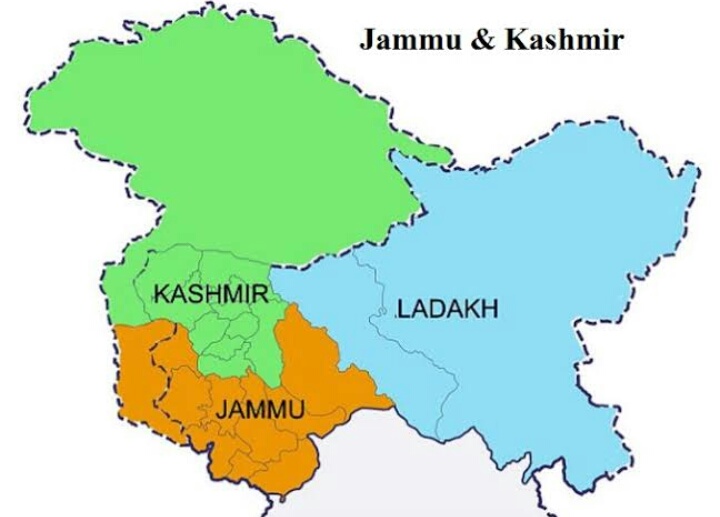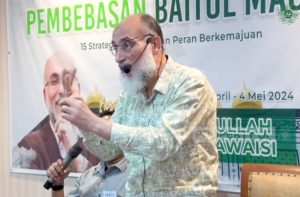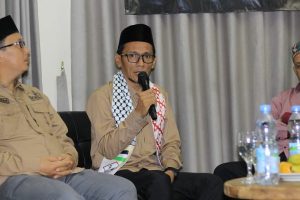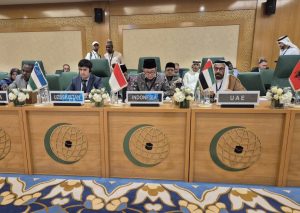New Delhi, MINA – The Organization of Islamic Cooperation (OIC) rejected new laws introduced by the Indian government in Jammu and Kashmir. The law says it can change the demographics of Muslim-majority areas.
The Muslim body expressed its deep concern over the adoption of the 2020 Jammu and Kashmir Reorganization Order Act. Thus quoted from Yenisafak on Thursday, April 9.
“The introduction of new laws governing domicile further complicates the already dire situation in the disputed territory since the unilateral transfer on August 5, 2019, from the special status granted to him under the Constitution,” the statement said.
The new law could change the demographic structure of Jammu and Kashmir, which is a disputed territory as recognized by the relevant resolutions of the UN Security Council.
Also Read: UN Experts Warn Right Violations in Kashmir by Indian Authorities
Under the new law, introduced by the Indian government, those who have lived for 15 years in the disputed valley are entitled to become permanent residents. The development follows the abolition of the old special status of the disputed region in New Delhi last August.
Kashmir, the Himalayan region, is held in part by India and Pakistan and is claimed both in full. A small part of Kashmir is also held by China.
Since they were partitioned in 1947, the two countries have fought three wars, namely in 1948, 1965 and 1971. Two of them are in Kashmir.
In addition, on the Siachen glacier in northern Kashmir, Indian and Pakistani forces have been fighting occasionally since 1984. A ceasefire came into force in 2003.
Also Read: At Least Nine Children and One Woman Killed in Pakistani Airstrike on Afghanistan
Some Kashmir groups in Jammu and Kashmir have fought against the Indian government for independence, or for union with neighboring Pakistan.
According to several human rights organizations, thousands of people have been reported killed in conflicts in the region since 1989. (T/RE1/P2)
Mi’raj News Agency(MINA)
Also Read: Pakistan Condemns Israeli Settler Attacks in West Bank, Al-Aqsa Storming

































 Mina Indonesia
Mina Indonesia Mina Arabic
Mina Arabic